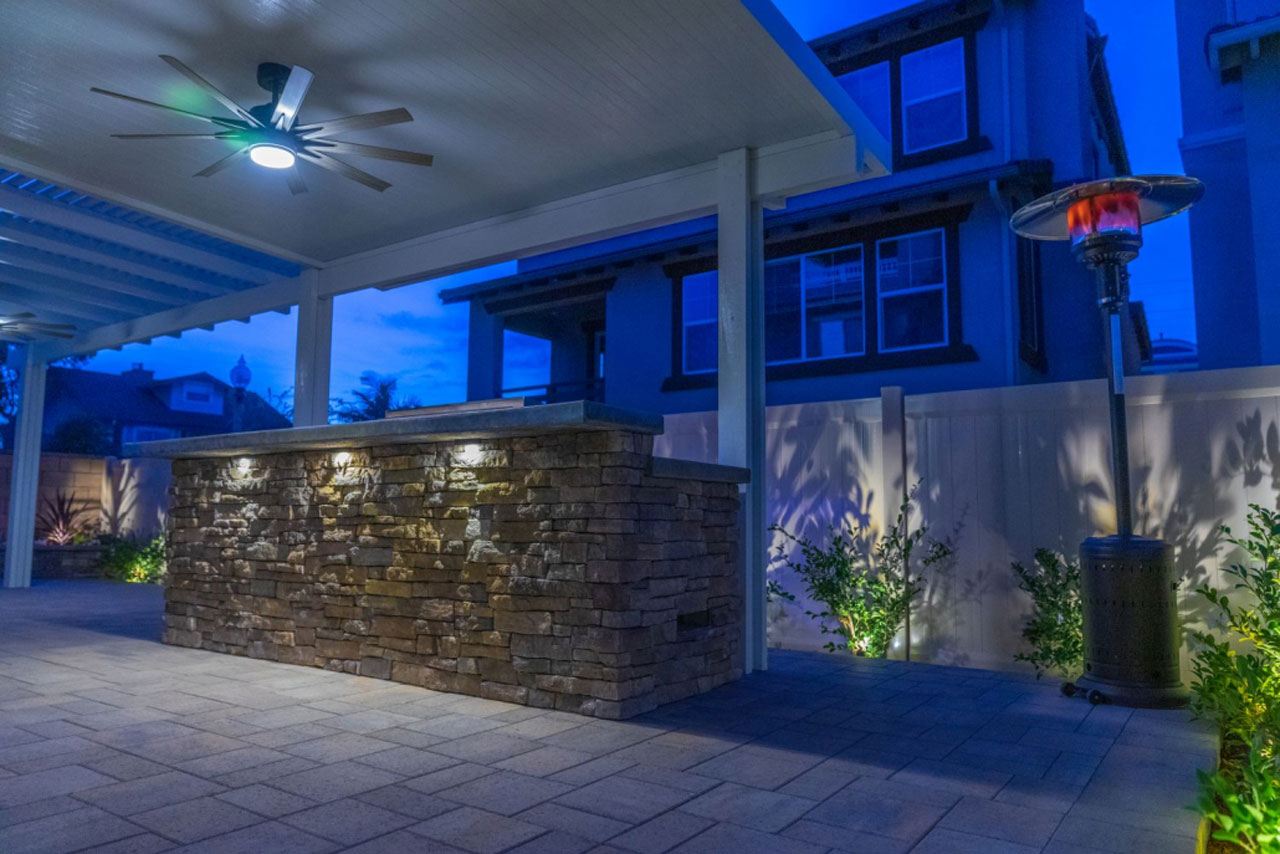
It's said that good fences make good neighbors, and they also contribute to your property's aesthetic. Attractive fencing is the cherry on top of your landscape installation project, especially if you screen your fence with low-maintenance trees for an extra layer of privacy.
Many homeowners choose privacy trees as a natural barrier on their property line, preventing their neighbors' prying eyes away from them while swimming, lounging, picnicking, or star gazing in their backyards. However, not every tree or shrub can be a privacy tree, read on to find out.
Trees must meet eight criteria to be considered suitable for a privacy fence. These include the following:
One last condition is that they must be in your region. It's pointless choosing a tree that meets all eight criteria but grows across the country. You want local species with a high growth rate that you can easily replace.
Several varieties are great for creating a private back garden, and here are six of them:
Leyland cypress trees have dense bluish-green foliage and can grow up to 70 feet tall. They provide excellent shade and thrive amazingly in sunlight. They can adapt to virtually every type of soil, from sand to clay, but it must be well-draining soil.
Leyland Cypress has a hardiness zone rating of six to 10. This means it can withstand temperatures that go down to -10 °F. The United States Department of Agriculture (USDA) plant hardiness zones represent the lowest temperature at which plants can survive.
Thuja green giants' primary advantage is that they grow up to five feet per year. They reach 50 feet tall and need partial sunshine. They're resistant to most harmful tree insects and diseases.
Thuja Green Giants have a hardiness zone rating of five to 9 and withstand temperatures as low as -20 °F.
Emerald green arborvitae trees are perfectly suited to small yards. They grow upwards and can be planted close together to create a dense wall or hedge. They can get up to 15 feet tall and enjoy the full or partial sun.
They have a hardiness zone rating of three to eight and withstand minimum temperatures of -40 °F.
In addition to growing quickly and providing dense coverage, wax myrtles have fragrant leaves and berries. They like full to partial sun and grow up to three feet annually. Their maximum height is 15 feet.
Max myrtles have a hardiness zone rating of seven to 10 and withstand temperatures that go down to 0 °F.
There are more than 18 varieties of holly trees, each of which grows quickly and boasts virtually impenetrable foliage for maximum seclusion. Some varieties, including Nellie Stevens, are particularly fast-growing. Nellie Stevens holly trees can grow up to 25 feet tall and 15 feet wide.
They like full to partial sunlight and prefer moist soil conditions. In addition, holly trees have a hardiness rating of five to 9 and withstand minimum temperatures down to -20 °F.
Multiplex bamboo is a particularly eco-friendly option that grows very quickly. One of its benefits is that it grows up to 10 feet per year. Its maximum height is 30 feet. It does best in full to partial sun and in nutrient-rich moist soil.
One of the factors that distinguish multiplex bamboo from other varieties is that it's clumping and not spreading. It stays within the confines of your yard and doesn't spread to your neighbor.
Multiplex bamboo has a hardiness zone rating of seven to 10 and withstands temperatures down to 0 °F.
If you want a privacy screen that has fragrant flowers and a high hardiness rating for the Californian climate, contact a local expert in landscape installation.
Local experts are familiar with the types of soil in your area and know which evergreens will grow best in your yard. We have the knowledge, skills, and experience needed to plant privacy trees that meet all of your needs.
To learn more about our low-maintenance trees for backyard privacy, contact us at 714-519-5009 at West Hills Masonry today!
 Carlos Gonzales
Carlos GonzalesLocations We Serve
Schedule A Consultation